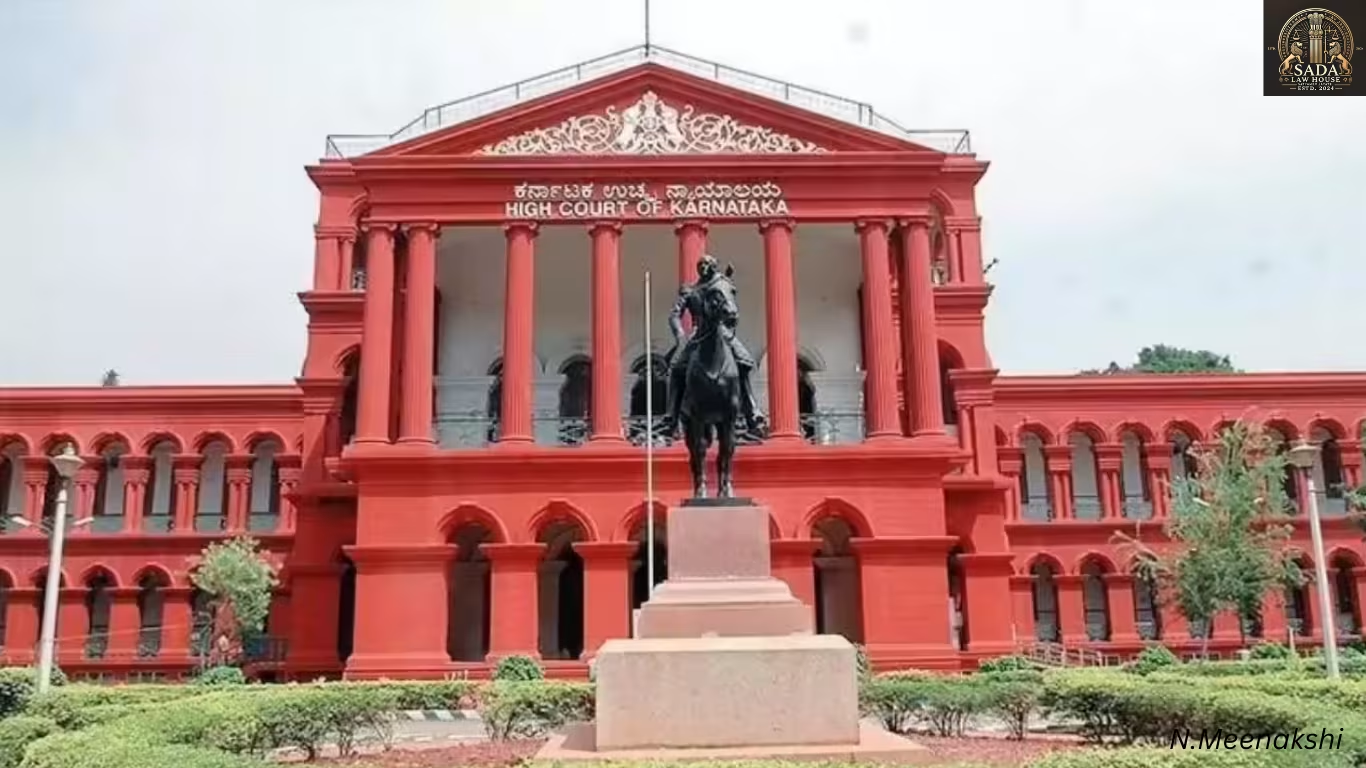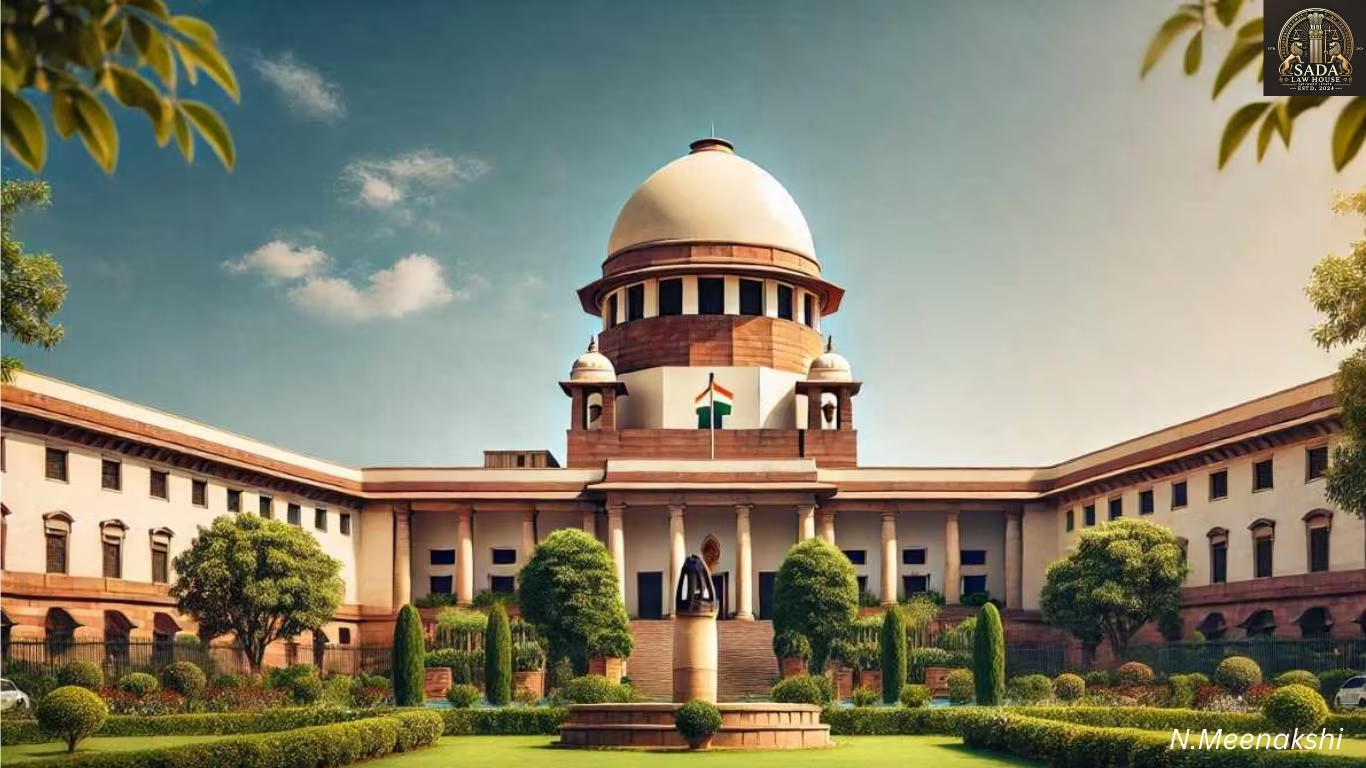Supreme Court Stops Karnataka Government from Removing Sri Anjaneya Temple Head Priest
- PRABAHAT KUMAR BILTORIA
- 30 May 2025

The Supreme Court of India has directed the Karnataka Government to uphold the rights of Sri Anjaneya Temple head priest Vidyadas Babaji following the Karnataka High Court‘s interim order. Read more about this legal battle involving temple management and religious rights.
Supreme Court Protects Temple Priest’s Rights in Karnataka
In a significant ruling, the Supreme Court of India instructed the Karnataka government not to dismiss head priest Vidyadas Babaji from his position at the historic Sri Anjaneya Temple in Koppal. This directive enforces an interim order issued by the Karnataka High Court in 2023, which allowed the priest to reside and perform religious duties in a single room at the temple premises.
High Court’s 2023 Interim Order Still in Effect
Justice Surya Kant emphasized the importance of following the High Court’s directive. He warned that any disobedience or non-compliance would be treated with utmost seriousness. The court issued a formal notice reinforcing the continuation of the priest’s duties and residence until a final decision on the writ petition is made.
Historical Background and Legal Dispute
Representing the petitioner, Advocate Vishnu Shankar Jain informed the court that Babaji’s religious lineage, or Sampradaya, had been serving at the temple for over 120 years. However, in 2018, the temple was allegedly taken over by district authorities, and the then-District Collector ordered Babaji’s removal from the premises.
This action prompted a writ petition, which led to the 2023 High Court ruling. The order stated that no “precipitative or coercive actions” should be taken against the petitioner regarding his role or residence in the temple. It also made clear that this was a temporary arrangement pending the case’s outcome.
Allegations of Harassment and Coercion
Despite the court’s directive, Babaji alleged that in March 2025, the authorities attempted to replace him with another priest. He reported being verbally threatened and told to “mind his own business,” with officials declaring that temple duties would be carried out solely by the newly appointed individual.
More troubling are allegations of harassment. Babaji claims that the authorities cut off his electricity and even tried to falsely implicate him by planting cannabis (locally referred to as ghanja) through intermediaries. These acts were reportedly intended to intimidate him into vacating the premises, in direct violation of the High Court’s interim protection.
Contempt Petition Dismissed by High Court
Babaji filed a contempt petition against the authorities, but it was dismissed by a High Court order on April 9, citing a lack of prima facie evidence. The court noted that no official police complaint had been lodged by the petitioner. Disheartened by this decision, Babaji escalated the matter to the Supreme Court.
Final Thoughts
This legal struggle shines a spotlight on religious rights, temple management disputes, and the responsibilities of state authorities. As the case proceeds, the judiciary’s role in protecting traditional religious practices and individuals like Vidyadas Babaji remains critical.
Live Cases






